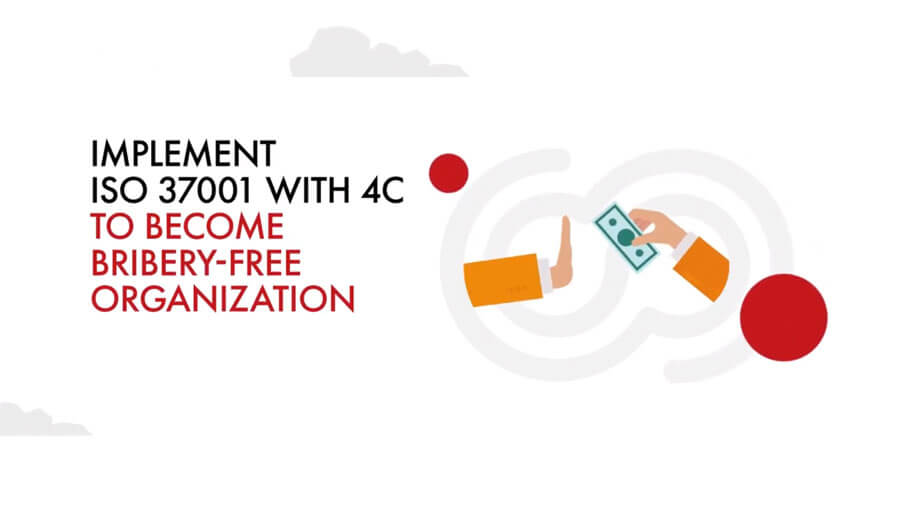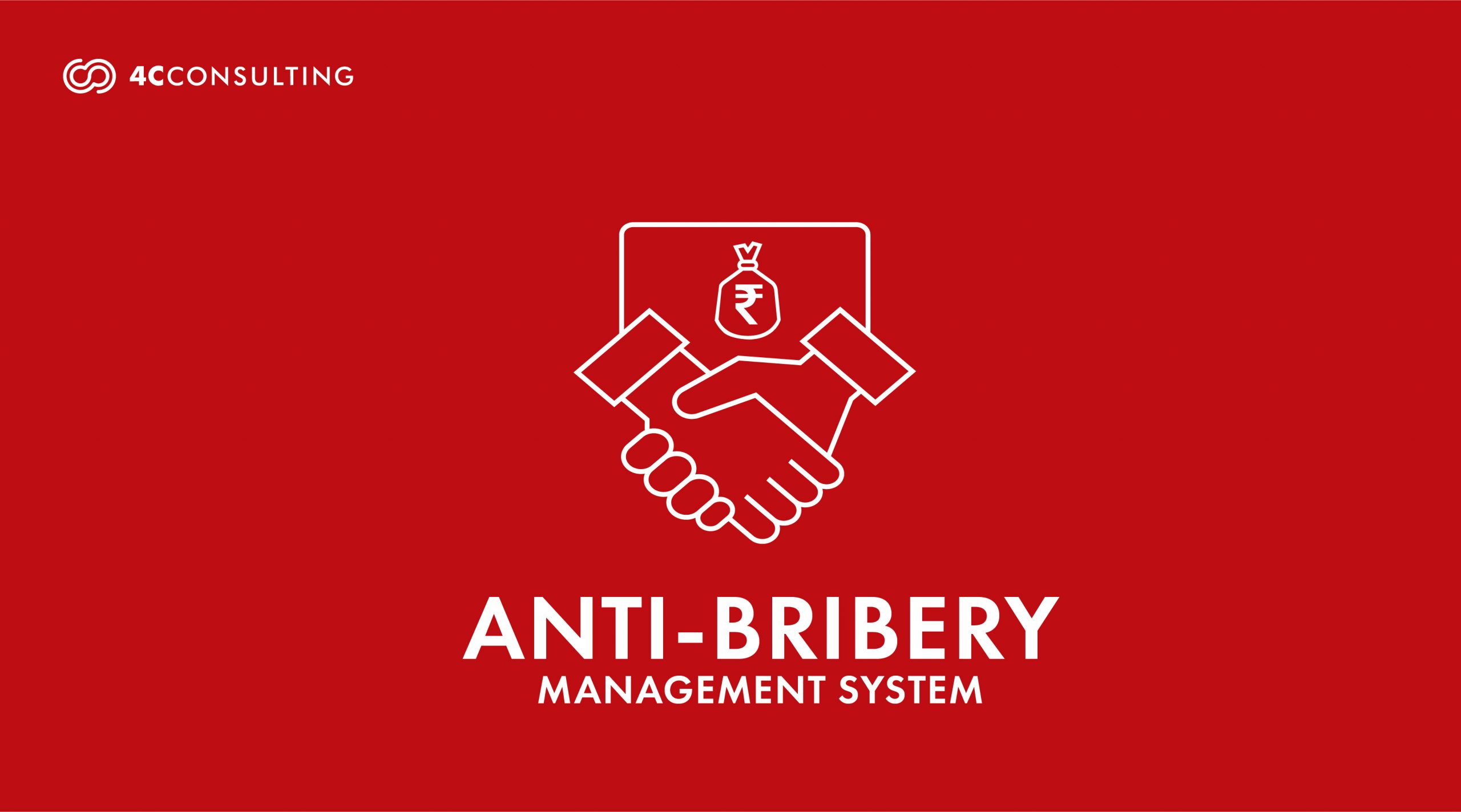
Frequently asked questions
Different forms of bribery are as follows.
- An offer (or promise or actual giving)
- Soliciting (act of offering)
- Undue advantage (i.e. something to which the recipient is not entitled by law or customs)
- Hold any value (i.e. not only money)
- Directly or indirectly (this includes the use of any kind of intermediary, agent or consultant to
- transmit the undue advantage)
- Violation of applicable law, and
- Refrain to act in the performance of his/ her duties
The red flags in the workplace include unnecessary or inappropriate purchases, questionable invoices, continued acceptance of poorer quality, conflicts of interest, unqualified third parties, incomplete travel and expenses.
The consequences of bribery and corruption are catastrophic that include reduced quality of life, damage to employee morale, increased scrutiny, oversight and regulation, increasing poverty & eroding public trust.







